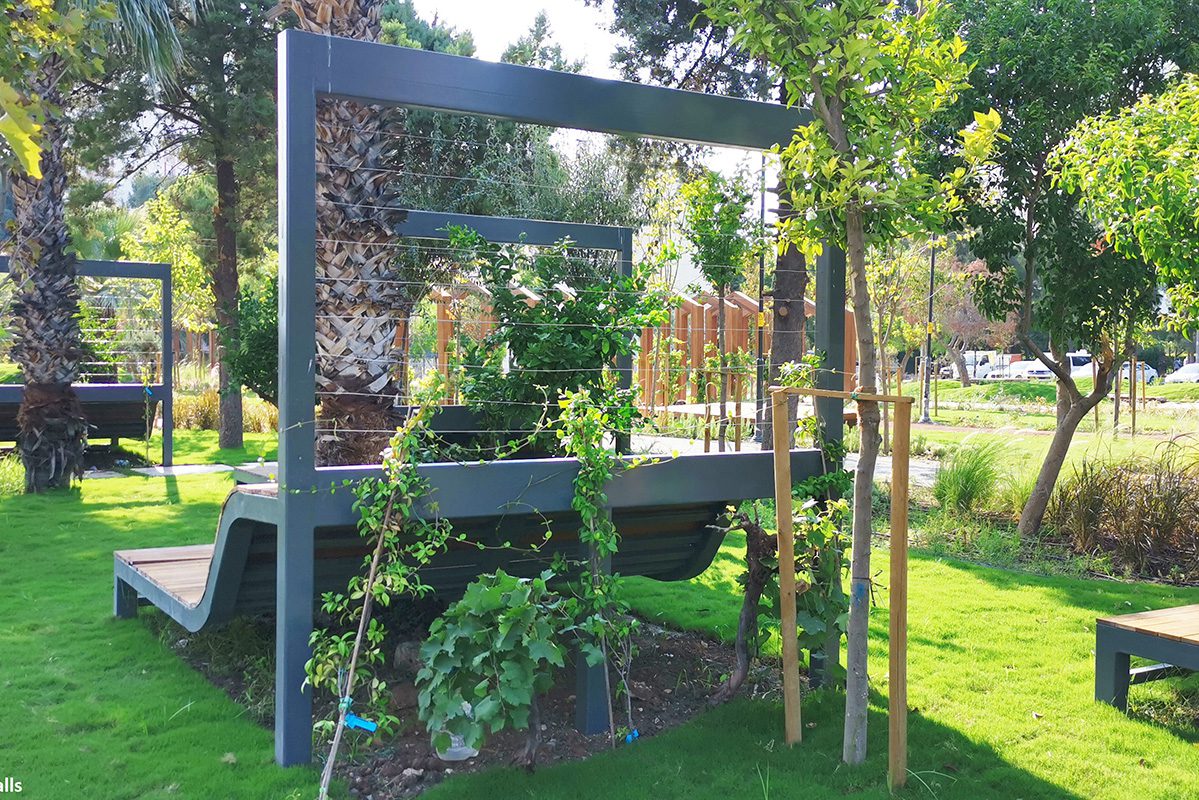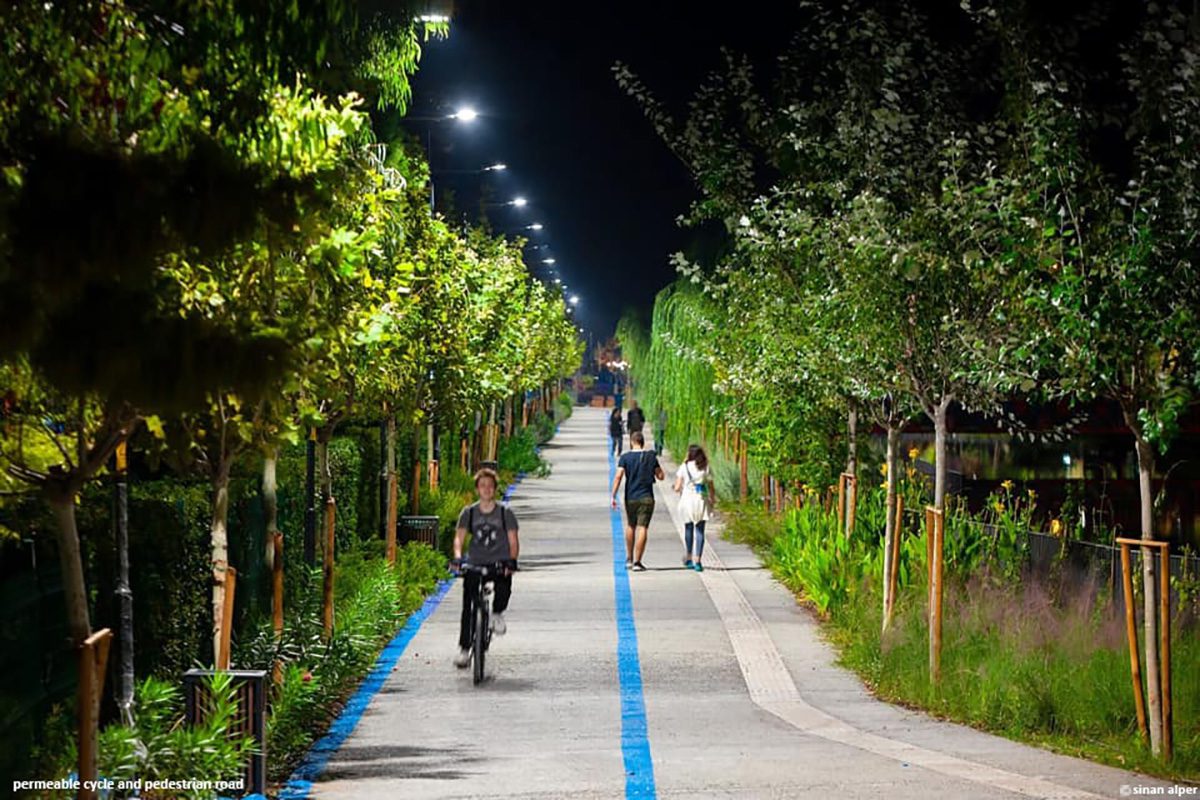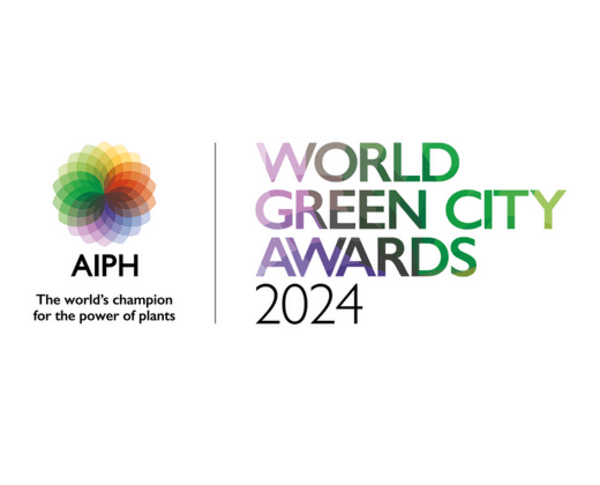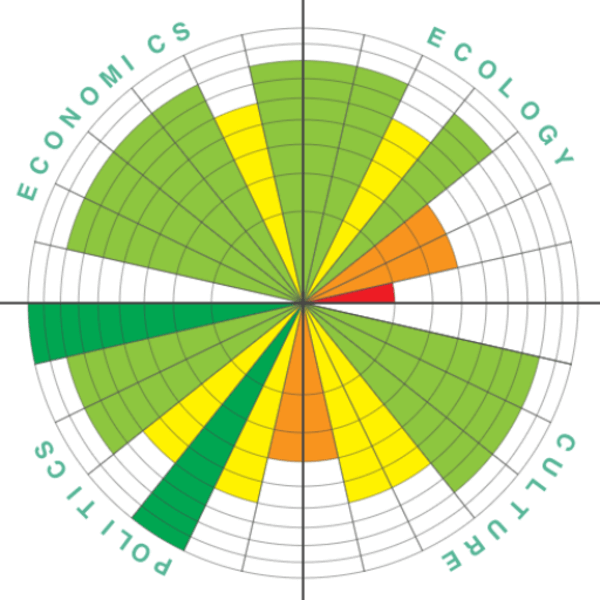Size and population development
Izmir, the third-largest city in Turkey after Istanbul and Ankara, had a population estimated at approximately 2.9 million people in 2020. Izmir is part of a province of the same name, which had a population exceeding 4.3 million.
Izmir is home to a diverse range of ethnic groups. The majority of the population is Turkish, but there are also significant numbers of people from other ethnic backgrounds, such as Kurds and Romani as well as students and workers from various countries.
Izmir has a young population, with more than a quarter under the age of 15. The average age was 32 years old.
Main functions
As one of Turkey's largest cities, Izmir plays several crucial roles at both the regional and national level and is a key economic hub. A vibrant cultural center, Izmir has numerous museums, and a liberal, cosmopolitan atmosphere. With both universities and research institutions, the city is also a significant educational and research center. Izmir's coastal location and warm climate make it a popular tourist destination, while its infrastructure and location position it as an essential transportation hub. Additionally, as the provincial capital, Izmir performs vital administrative functions for the region.
Main industries / business
Izmir has a diverse range of industries. Textiles and apparel, with an emphasis on cotton processing and leather goods production, form a substantial part of the city's economic activity. Its agriculturally rich province contributes to a strong food processing sector, specializing in olive oil, dried fruits, wine, and organic farming. Izmir also hosts various manufacturing industries, including automotive parts, machinery, chemicals, and pharmaceuticals. As home to one of Turkey's largest ports, it is a critical center for domestic and international trade. The city has a burgeoning information technology sector, focusing on software development and digital services, while the service sector, encompassing banking, insurance, healthcare, and professional services, also plays a vital role in the economy.
Sources for city budget
Local Taxes and Fees:
These include property taxes, environmental cleaning taxes, and other locally imposed taxes and fees.
Revenue from Municipal Enterprises and Property:
This includes income generated from municipal enterprises, such as water and sewage services, public transport, markets, and slaughterhouses. It also includes rental income from municipal properties and proceeds from the sale of such properties.
Fines:
The municipality collects fines for various violations of local regulations, such as traffic violations or breaches of building codes.
Grants from the Central Government:
The central government of Turkey provides funds to local governments, including metropolitan municipalities. This may include a share of national taxes, as well as specific grants for certain purposes.
Foreign Sources:
Municipalities in Turkey may also receive funding from foreign sources, such as loans and grants from international organizations, for specific projects.
Fees for Services and Licenses:
These include fees for issuing various licenses and permits, as well as fees for services provided by the municipality
Political structure
The Municipalities in Turkey are regulated by the Municipality Law and other relevant legislation. The decisions of the municipal bodies are subject to judicial review.
Administrative structure
The Mayor is the executive leader of the city and is responsible for implementing the decisions of the city council, managing municipal services, and preparing the municipal budget.
Alongside the mayor, the Metropolitan Municipal Council plays a significant role. The council is composed of council members who are also elected every five years in local elections. The number of council members can vary based on the population of the city. This council is responsible for making decisions on a range of issues, including approving budgets, making by-laws, and approving major projects.
There are also district municipalities within the Izmir Metropolitan Municipality. Each district has its own mayor and municipal council, and they manage affairs within their respective districts.
The municipality also has a range of departments and companies that handle different areas of municipal services, such as transportation, water and sewage, environmental protection, and cultural services.
Website
http://www.izmir.gov.tr/





